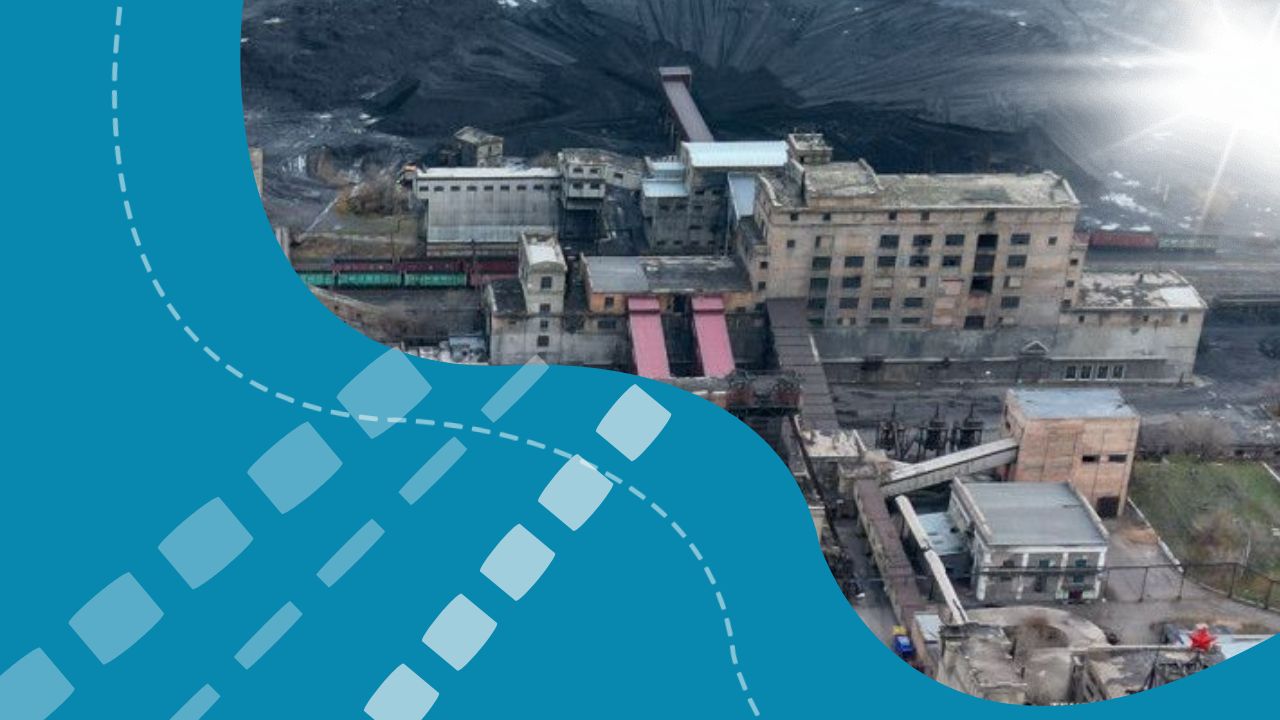In a stirring display of resilience and determination, nearly two dozen women from various walks of life in eastern Serbia have emerged as the frontline defenders in a battle against environmental degradation caused by a nearby copper mine. These women, representing multiple generations and diverse professions including nursing, teaching, and homemaking, are rallying together to demand the relocation of their village, citing the severe pollution of land and water attributed to the operations of China’s Zijin Mining.
Since January, as the male residents of the village continue their daily routines, these women have taken shifts guarding a barricade on a bridge in Krivelj, determined to obstruct the passage of trucks entering the mine premises. The mine, operated by Zijin’s subsidiary, Serbia Zijin Copper, has faced mounting scrutiny due to its environmental impact, prompting commitments from the company to address the concerns and facilitate the relocation of the affected community.
In a recent development, Zijin has agreed to halt the transit of large trucks through the village, a concession welcomed by residents who temporarily lifted the blockade to allow necessary work to proceed. Despite the company’s efforts to relocate some villagers, the majority of the population, primarily Vlachs, Orthodox Christians deeply rooted in their heritage, remain steadfast in their demand to relocate as a unified community.
Zijin has expressed its commitment to transparent and equitable relocation plans, engaging with all stakeholders involved in the process. Local authorities are optimistic about completing the relocation by the end of 2025, aiming to safeguard the well-being of the villagers and restore the integrity of their environment. Amidst the turmoil, sentiments of sorrow and determination resonate among the villagers, epitomized by Stana Jorgovanovic, a 79-year-old homemaker who reflects on the emotional toll of leaving behind her cherished village.
In a poignant gesture of solidarity and resilience, fifteen of these women have chosen to share their stories and aspirations for the future through portraits captured in familiar settings that evoke a sense of safety and defiance. Whether standing on the village hillsides, within their homes, or at the barricade itself, these women embody a collective spirit of defiance against environmental injustice, determined to protect their families and advocate for their rights.

